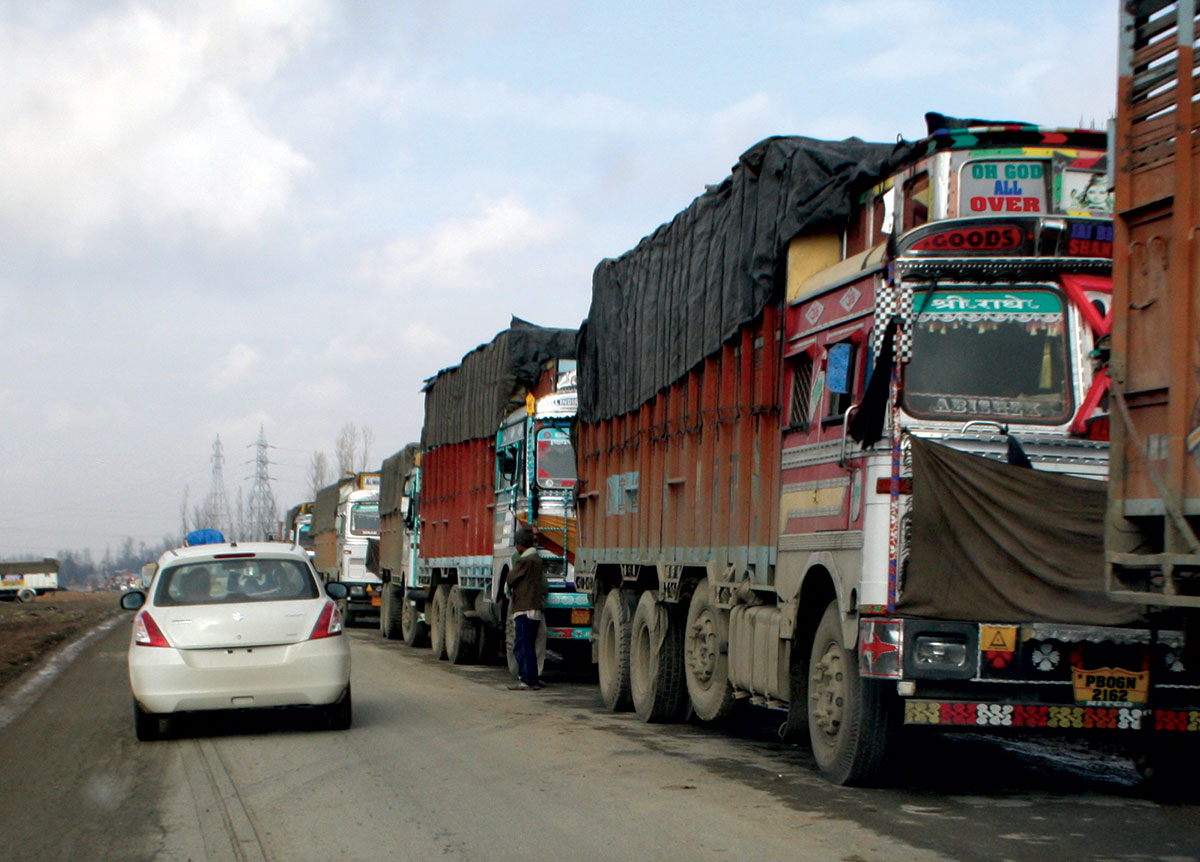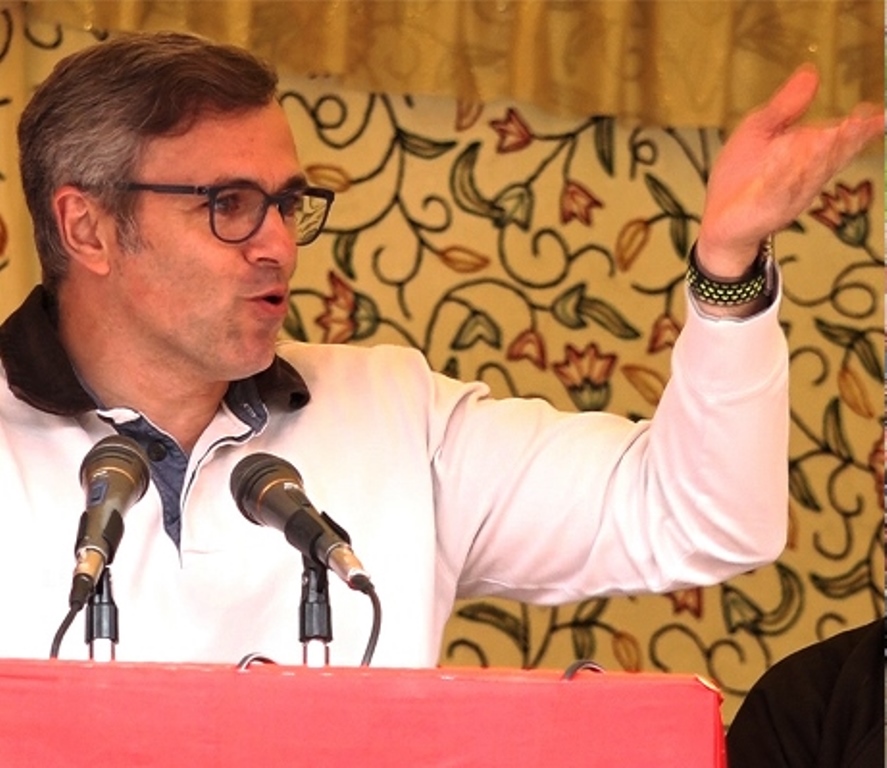SRINAGAR: The Jammu and Kashmir and Ladakh High Court has underscored a critical legal principle pertaining to the challenge of detention orders.
The division bench led by Chief Justice N Kotiswar Singh and Justice Rajesh Sekhri, has asserted that the pre-emption of detention orders through legal recourse prior to their execution effectively precludes the subsequent contention that such orders should be invalidated due to an absence of a “live link” between the present circumstances and the conditions prevalent at the time the detention orders were originally issued.
The court’s rationale is rooted in the notion that the act of pre-emptive challenge, by its nature, forestalls a comprehensive assessment of whether the grounds and evidentiary basis for a detention order were substantively justified.
The court articulated this principle eloquently: “…But if the petitioners and the appellants have taken recourse to the legal remedy to challenge the order of detention even before it was executed, it is not open for them to contend that it should be quashed because there is no live link between the existing/subsequent situation and the previous situation when the order of detention was passed, overlooking that they succeeded in pre-empting the order by challenging it at the pre-execution stage, never allowing the matter to proceed so as to examine the most crucial question whether there were sufficient material or grounds to pass the order of detention.”
This seminal legal doctrine emerged from a case originating from the suspension of a detention order pursuant to the Prevention of Illicit Traffic in Narcotic Drugs & Psychotropic Substances Act of 1988. The appellants mounted a multifaceted challenge, asserting that the immediate suspension of the detention order, as initiated upon their motion, ran counter to the guiding principle of circumspection when granting interim orders in cases of preventive detention.
The respondents, in response to the detention order issued against them, posited its illegitimacy, contending a violation of Article 21 of the Constitution of India and challenging the veracity of their implication in a drug-related case while already on bail.
After a comprehensive evaluation of the petitioner’s arguments, the court discerned the presence of a prima facie case necessitating the suspension of the detention order, culminating in an order dated 11.05.2023 that temporarily halted the detention process.
It invoked legal precedents, citing Secretary to Govt of India vs. Alka Subhash Gadia (1992) and Deepak Bajaj Vs. State of Maharashtra (2008), contending that preventive detention orders can be subject to challenge beyond the five conditions delineated in the Alka Subhash Gadia case.
Notwithstanding this latitude, it emphatically emphasized that a detention order could not be invalidated solely on the basis of the temporal lapse and the argument that there existed no “live link” between the detention order and the prevailing circumstances, even when the challenge to the detention order was initiated prior to its execution.
Upon scrutinizing the grounds of detention, it adjudged them to be meticulously specified and legally sound.
The court opined that the temporal delay in executing the detention order did not suffice to vitiate the order, particularly in light of the authorities’ active monitoring of the petitioner’s activities subsequent to his release on bail.
It, consequently, concluded that none of the five conditions for challenging the detention order, as established in the Alka Subhash Gadia case, were met in the present matter.
The bench astutely noted that the respondent had been granted bail on 11.11.2022, and the detention order was issued approximately four months later, on 27.04.2023. It was judiciously observed, “From the pleadings of the writ petition relating to the detention order, it appears that the authorities were considering the activities of the writ petitioner since his release on bail also, and hence, it cannot be definitively said, without examining the records, that the delay of four and a half months had severed the live link.”
In its final deliberation, it declared that the existence of a “live link” between the impugned activities and the detention order remained indeterminate without a comprehensive review of the records.
Consequently, the interim order that suspended the detention order was deemed inappropriate and the bench allowed the appeal and the order of detention was upheld. (KNS)















